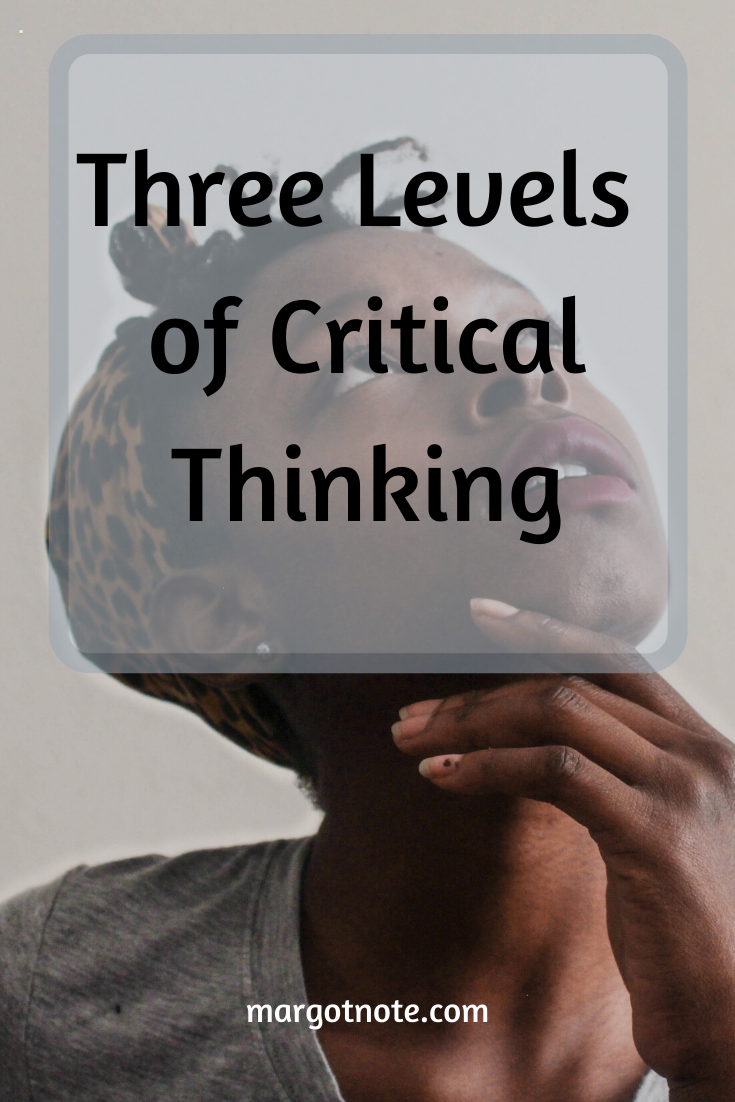No matter what your stage in life, critical thinking skills allow you to think more deeply. When conducting research and writing for an academic audience, critical reasoning is required to interpret your findings.
Critical-thinking skills connect and organize ideas. Three types distinguish them: analysis, inference, and evaluation.
Analysis
Analysis involves the following activities:
• Identifying what’s being said
• Distinguishing the relevant from the irrelevant
• Connecting different strands of thought
• Classifying similar characteristics
• Determining differences
• Identifying analogies
Inference
Inference requires you to perform the following tasks:
• Drawing out what is being conveyed (and what’s not being conveyed)
• Interpreting actions to be examples of characteristics, intents, or expressions
• Identifying assumptions
• Abstracting ideas
• Applying analogies to reach conclusions
• Recognizing cause and effect relationships
Evaluation
Evaluation includes these activities:
• Giving reasons for decisions
• Judging the value, credibility, or strength of an argument
• Understanding the significance or meaning of information
• Criticizing ideas in a constructive manner
• Modifying ideas in response to counterarguments or feedback
Becoming skilled in problem-solving and critical reasoning gives you a significant advantage in your personal, academic, and professional lives. The processes of critical thinking encouraged by research and writing will benefit you for years to come.
What do you do to think critically?
Looking for archival advising, records management, and historical research services? Click below to speak with an expert consultant.
Check out some of my favorite research methods books:











